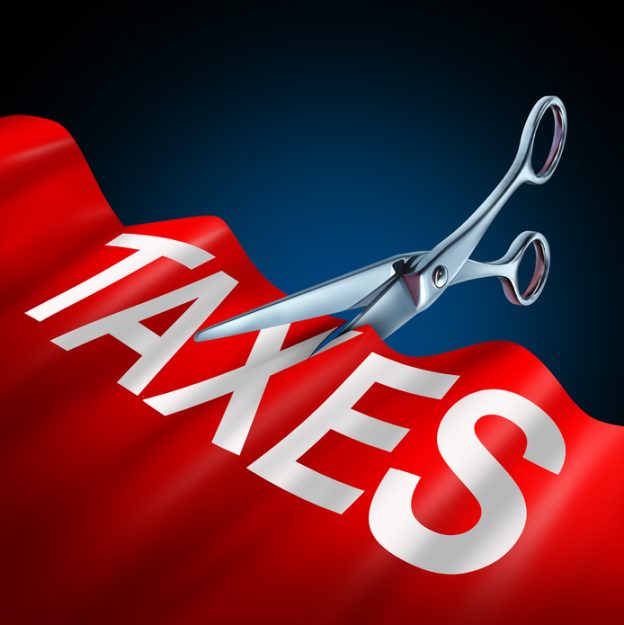
The Chancellor announced in his Spring 2023 budget that the UK’s tax system will introduce a 25% corporation tax rate for the top 10% most profitable companies and the ending of super deduction capital allowance tax relief.
An increase to corporation tax and an end to the super deduction wasn’t welcome news for UK businesses however some good news was announced about capital allowances which the Office for Budget Responsibility (OBR) predicts will boost investment by 3% over three years.
From 1 April 2023 to 31 March 2026 companies can benefit from full expensing which allows them to deduct 100% of the cost of certain plant and machinery investments from their profits before tax.
It replaces the super deduction and works similarly saving firms up to 25p in every £1 of qualifying investment.
In the same budget the government confirmed that a 50% first year allowance is applicable to other special rate assets.
What is Full Expensing?
The Full Expensing scheme is applicable to main rate assets such as construction, warehousing, and office equipment.
Full expensing and super deduction are similar in that they allow companies to deduct the cost of capital expenses in the year they occurred.
However full expensing is limited to only 100% of the cost of the purchased assets while super deduction allowed companies to deduct 130% of the cost.
It’s worth noting that the super deduction and the SR allowance are not applicable to partnerships or sole traders. Only companies are eligible for these valuable reliefs.
For other plant and machinery investments known as special rate assets companies can take advantage of the 50% First Year Allowance.
This scheme allows them to deduct 50% of the cost of these assets from their profits during the year of purchase which includes long life assets like solar panels and lighting systems.
What qualifies as a Capital Expense?
Capital expenses refer to assets that are bought for long-term use and have a useful life of one year or more.
Examples of such assets include property, equipment, land, computers and software. Capital expenses are different from ‘trading’ expenses that cover the everyday costs of running a business like rent, wages, and energy.
The qualifying plant and machinery that can be purchased include but are not limited to, vehicles, equipment, tools, construction equipment, machines, office equipment.
Why has Full Expensing been introduced?
The introduction of full expensing aims to boost investments in modern plant, tools, machinery, and technology among UK companies.
Despite UK business investment accounting for only 10.0% of GDP in 2021 compared to an average of 12.5% among our overseas competitors, the introduction of full expensing is expected to encourage more investments in these areas.
It is expected to make the UK’s capital allowance regime the most generous in the OECD, worth £27 billion over the next three years. This amounts to an effective £9 billion a year tax cut for companies.
Victoria Atkins Financial Secretary to the Treasury, said:
“We are determined to make the UK the best place in the world to do business, which is why from today businesses can start to benefit from the raft of tax cuts on offer to boost their growth.
“With full expensing, the more a company invests the less tax they’ll pay, and I encourage companies of any size to take full advantage of this world-leading reform.”







